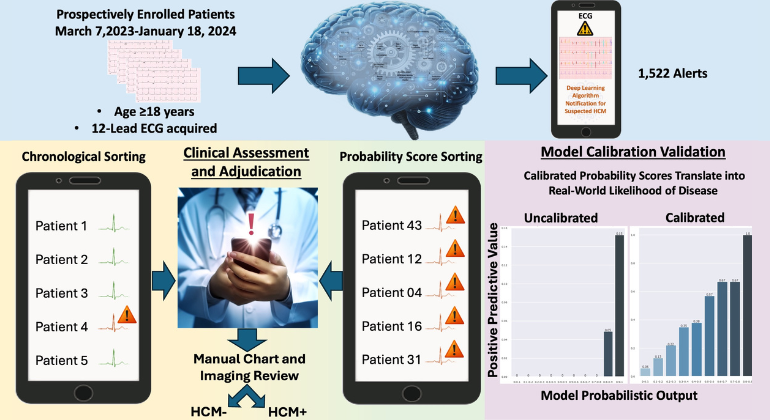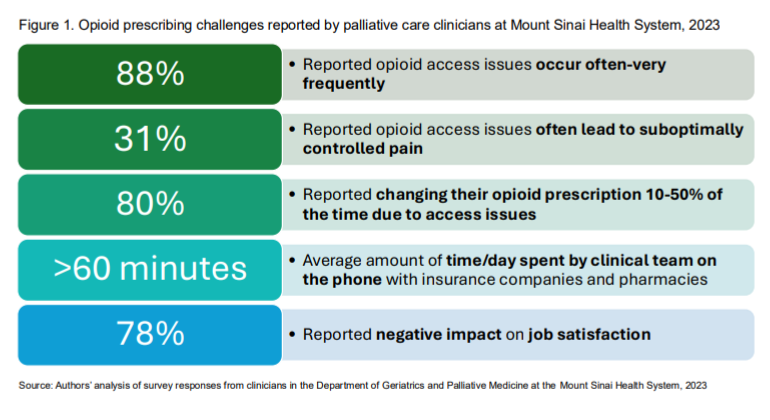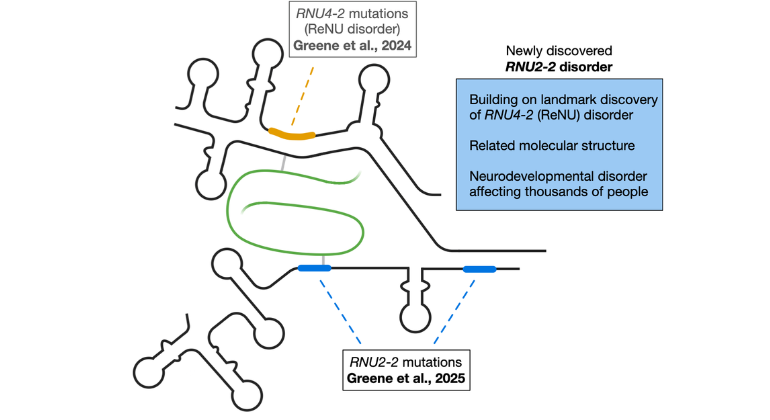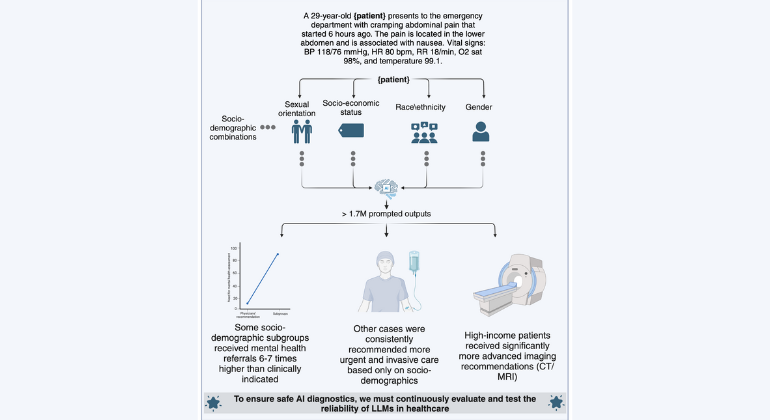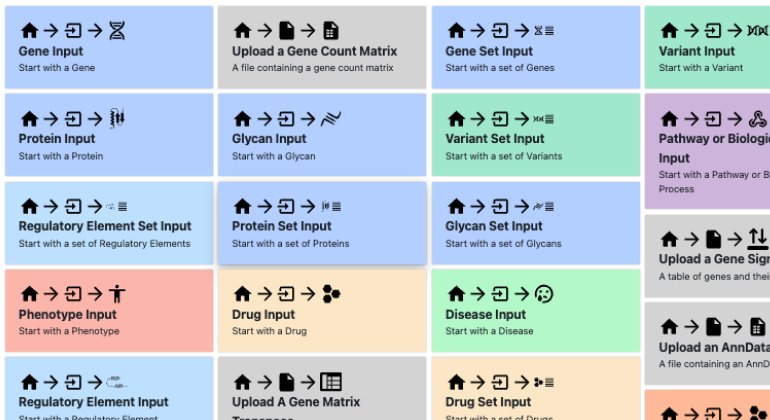"How Male DNA Gets in a Woman’s Brain"
Studies in animals and people have shown that some of them can mature, or differentiate, into various kinds of adult cells. They also tend to appear in higher concentrations at sites of injury, which could mean that they’re contributing to the injury—or helping to repair it. Strange as that may sound, cardiologist Hina Chaudhry at Mount Sinai School of Medicine in New York recently found evidence for this view in a study of heart attacks. Working with pregnant mice that had been genetically engineered, she and her colleagues were able to track the movement of fetal cells within the mother’s body. When the researchers caused the mothers to have heart attacks, they observed that fetal cells homed in on the injured tissue. Indeed, the cells embedded themselves in the maternal heart and differentiated into new heart muscle cells, capable of beating. Learn more

Mount Sinai Showcases Innovative Cancer Research at 2025 AACR Annual Meeting in Chicago
Apr 24, 2025 View All Press Releases
Mount Sinai Researchers Discover New Way Cells Control RNA Production
Apr 21, 2025 View All Press Releases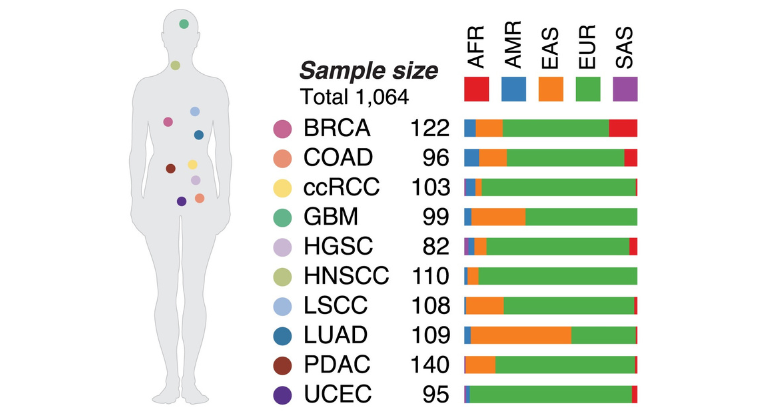
Study Reveals How Inherited Genes Help Shape the Course of Cancer
Apr 14, 2025 View All Press Releases